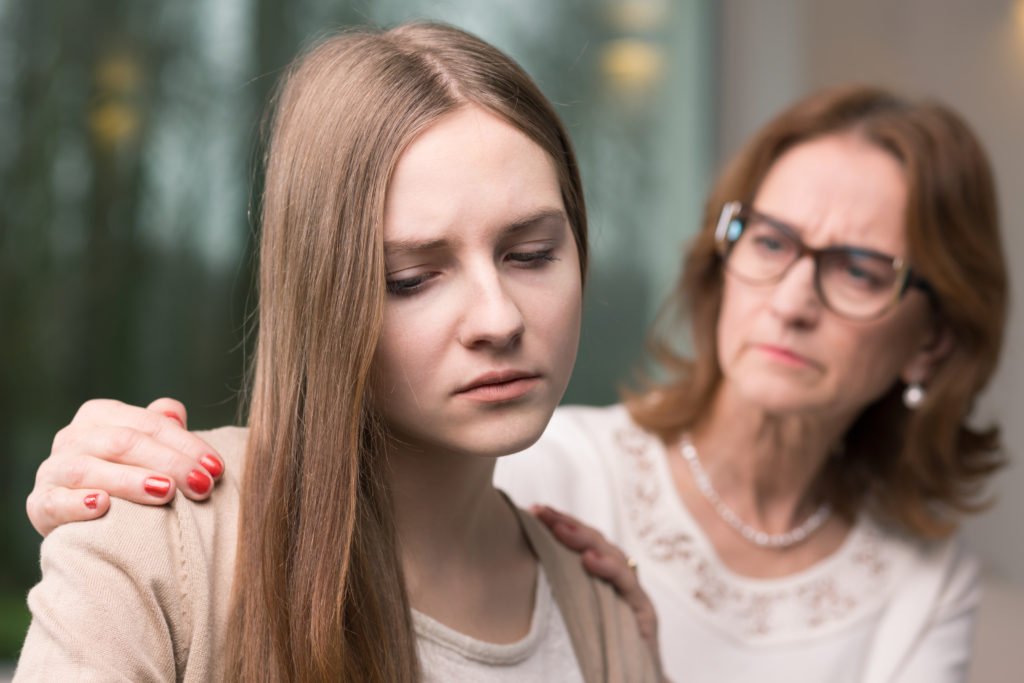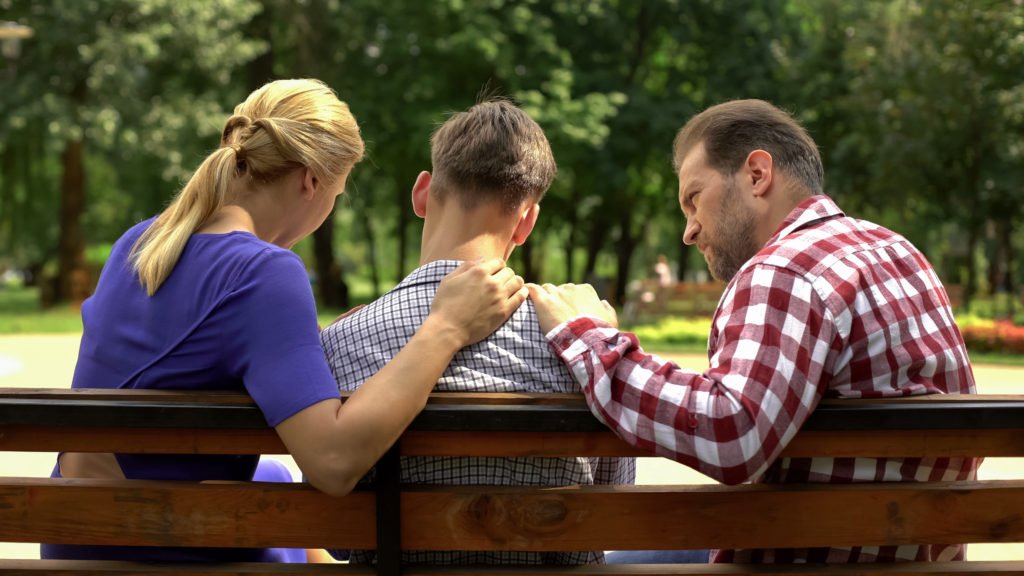The Thrive Counseling Center offers crisis assistance 24/7, 365 days a year for individuals and families in Oak Park and River Forest IL.
You can reach Thrive’s Crisis Intervention Team at 708-383-7500.
Thrive crisis workers are masters-level clinicians who work with law enforcement officers to de-escalate a crisis and assist the individual who is experiencing a crisis. Thrive is located at 120 S. Marion St., Oak Park, IL.
The Illinois Department of Human Services offers a directory of community crisis lines.
If there is no crisis line serving your area, call CARES or 911 (next two tabs).
CARES is a free crisis service for children and youths under age 21 with Medicaid, or under age 18 without health insurance, or without insurance coverage for mental health treatment. CARES can send a trained crisis worker to your home to talk with you and your child, to de-escalate a crisis or to authorize hospital treatment or other services. The crisis worker is sent from a program called SASS (Screening, Assessment, and Support Services).
800-345-9049 (voice) | 773-523-4504 (TTY)
Call 911 if a situation is out of control and you fear that your child, you, or someone else could get hurt. If you call 911, tell the police dispatcher that your child has a mental health condition. Ask the dispatcher to send a social worker or a police officer who has Crisis Intervention Training (CIT), if possible. Officers with CIT training have specialized skills to handle mental health crises.
Before police officers enter your home, tell them that your child has a mental health condition. Tell the officers if your child might become upset if someone touches him or her, yells, or stands too close. Work with the police and stay calm. If police or social workers can’t calm your child, tell the police that you want your child to go to a hospital for evaluation and treatment. Ask for an ambulance to transport your child.
If possible, alert police that your child has a mental health condition before a crisis, and ask them to enter this information at your address into police records. This will increase the chances that police officers responding to an emergency at your home will understand that your child’s actions could be caused by a disorder.



